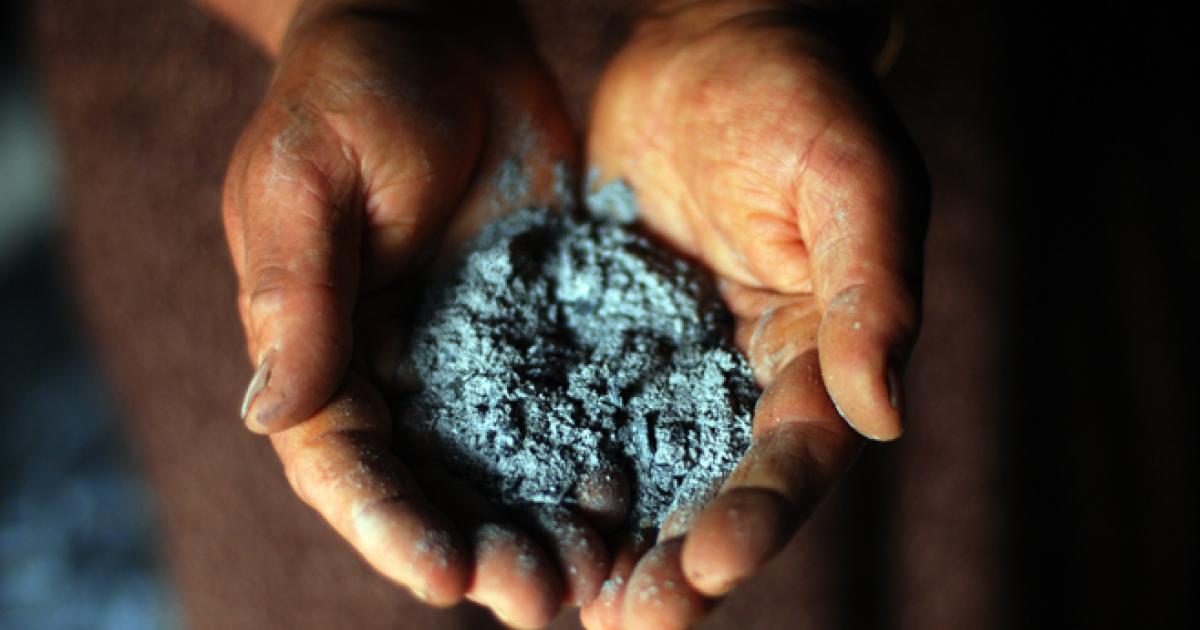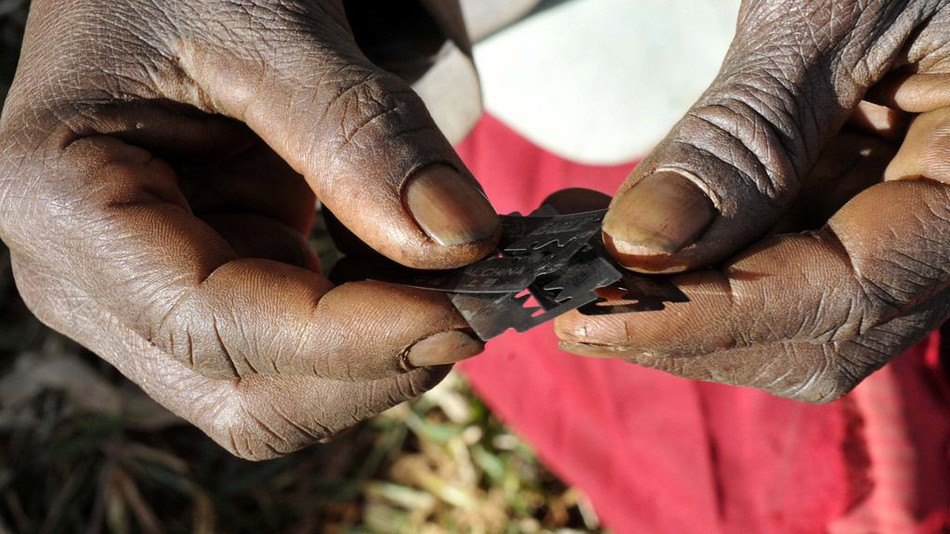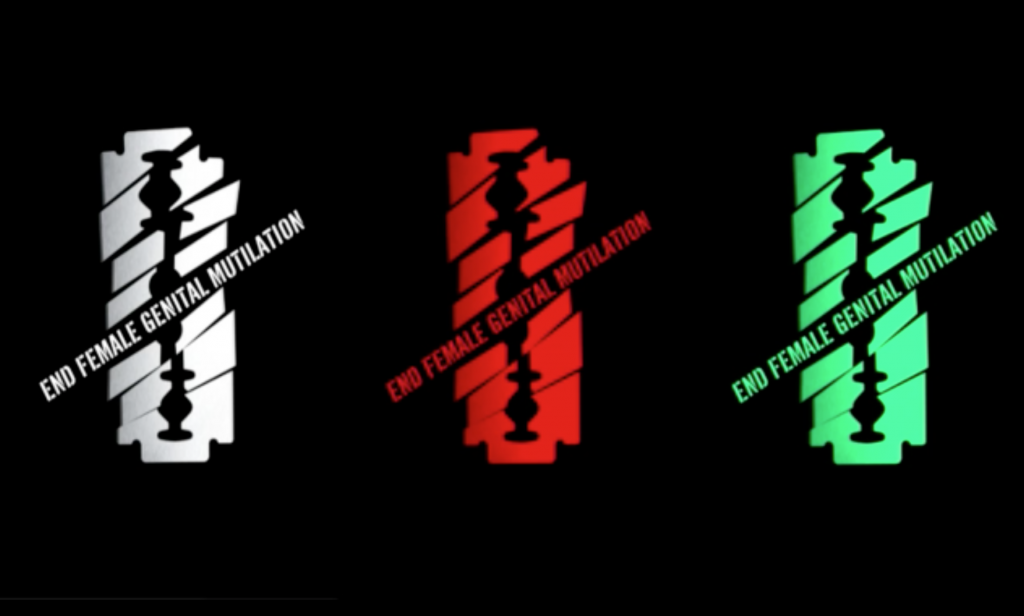African youth have started their rallying call to end Female Genital Mutilation (FGM) in a generation by sparking one million conversations that break the silence that allows the practice to prevail.
As the largest African generation ever, the young people from all over the world have been speaking out, pledging to make theirs the generation that ends FGM. As part of this, they are calling on their peers and parents as well as leaders from their communities, religion and politics to join them in talking about the issue according to the Girls Generation press release.
The statement said that they are aware that issues that aren’t spoken about prevail the longest, the young activists hope to spark a million conversations on FGM, whether these be people speaking out against it or survivors sharing their experiences.
To achieve this, the young Africans are posting videos on social media to raise awareness of the issue and inspiring others to show their support by also making a pledge to end FGM. The videos, which are on Twitter, Facebook and Instagram with the hashtags #Ihavespoken and #EndFGM, seek to break the silence that surrounds the issue. “FGM ends with us”, the activists say.
UNICEF contribution to end FGM

In 2010, a UNICEF study found that speaking out in the media and discussions in the community and at home played an important role in moving towards the abandonment of FGM in five African countries.
Learning lessons from UNICEF’s study, the young campaigners have concluded that the culture of silence around FGM allows it to prevail and people’s reluctance to speak about the violent practice means that laws alone won’t end it. This campaign hopes to powerfully break the cycle of silence, encouraging everyone to play a part by speaking out and taking action.
The one million conversation campaign is being supported by The Girl Generation, the world’s largest Africa-led global collective of partners brought together by a shared vision that FGM can – and must – end in this generation. According to Girls generation the African youth achieve their aim by:
Sparking conversations about FGM and breaking the silence which surrounds the issue;
Growing support for, and putting the spotlight on, the Africa-led movement to end FGM;
And unlocking further resource and policy commitments to end FGM
Dr Faith Mwangi-Powell, Global Director of The Girl Generation said: “Today marks a momentous day in the global movement to end FGM. We’re so excited to watch this movement grow from the minds of young activists in Africa to a million voices all around the world.
“These young people are taking action by shattering the silence that surrounds FGM. By inviting and inspiring others to join the movement, they take a giant leap forward towards creating a world that is safer for our girls”.
Oumie Sissokho, End-FGM Youth activist from The Gambia said
:”I am a survivor of female genital mutilation and am a living testimony of the harm it causes.
“However, I am using my story in a positive a way. I have made a pledge to my daughter that I will protect her with my heart and my soul and I will extend the same protection to all the girls in my family and community.
“That’s why I am working endlessly, tirelessly, to ensure that the right people are speaking out against FGM, changing mindsets and attitudes so that we will be able to end it in a generation.”
Moussa Drame, Seneglese activist and journalist said:
“I am proud to play my part in the global movement to end FGM. By speaking out, we have a huge opportunity to break the taboos that surround FGM and help others better understand the issue.
“As the largest African generation ever, we carry great weight behind us, and so ours will be the one that ends FGM forever.”
Female Genital Mutilation (FGM)
FGM is an extreme manifestation of gender inequality. It is a human rights violation that can result in a life time of physical, psychological and emotional suffering.
The practice persists in silence. In community after community parents continue to cut their daughters under the false belief that their neighbours think they should and will ostracise them if they do not. They simply aren’t having the conversation.
At least 200 million girls and women across 30 countries have undergone FGM, and 68 million more girls are at risk by 2030, that’s a girl at risk of being cut every 8 seconds.
Progress is being made: today a girl is about one-third less likely to be cut than 30 years ago. But global efforts need to go further and faster because population growth means that if progress is not accelerated the number of girls undergoing FGM will continue to increase.
Efforts to end FGM are being led from within affected communities and countries, and thousands of communities across Africa have already decided to abandon the practice. Everyone has a responsibility to support this Africa-led movement for change.
The language we use when talking about FGM matters. It is important to be careful not to victimise or stigmatise FGM survivors or people from practicing communities, instead empowering them and emboldening them to end the practice. By doing so, we will protect vulnerable groups from harm and resistance.
The Girl Generation
With nearly 900 member organisations, The Girl Generation is the largest-ever Africa-led collective to end FGM ever, united by and working towards achieving a shared vision that FGM can and must end in this generation.
The Girl Generation is a platform for accelerating social change, bringing together hundreds and thousands of voices under one positive identity and building their capacity to more effectively challenge deep rooted beliefs that hold FGM in place.

This is the largest generation of African youth (40% of the continent’s working age population is between the ages of 15 and 24) ever and The Girl Generation’s youth members are the most active. They are energised and ready to act. As the parents of tomorrow, if they decide to and are supported not to cut their daughters, the cycle of harm will end.
The Girl Generation has been working closely with its End FGM Youth networks to help them design and launch this campaign which together we hope will break the silence surrounding FGM, grow support for their movement and unlock resources and policy commitments to end the practice, inspiring over 1 million people to speak out and act to end FGM.
The campaign launch follows the first ever pan-African Youth Summit on ending FGM which took place in Nairobi, Kenya two months ago where over 100 young activists from 17 countries developed their strategy to mobilise leaders and communities to take action.
The Girl Generation will stand with them to deliver the campaign, supporting them along the way and building their capacity to act as the effective end FGM ambassadors they all seek to be.
UNICEF study
According to UNICEF’s study on the dynamics of social change towards the abandonment of ending FGM in five African countries, the media as well as traditional forms of communication are powerful tools to bring about social change. The role of public declarations in moving towards the abandonment of FGM is highlighted in the study as a way to inspire others into collective action.
Through this campaign the African youth aim to use the media and social media as a tool that provides a forum for debate and discussion as well as a platform to inspire others to speak out and take action.

